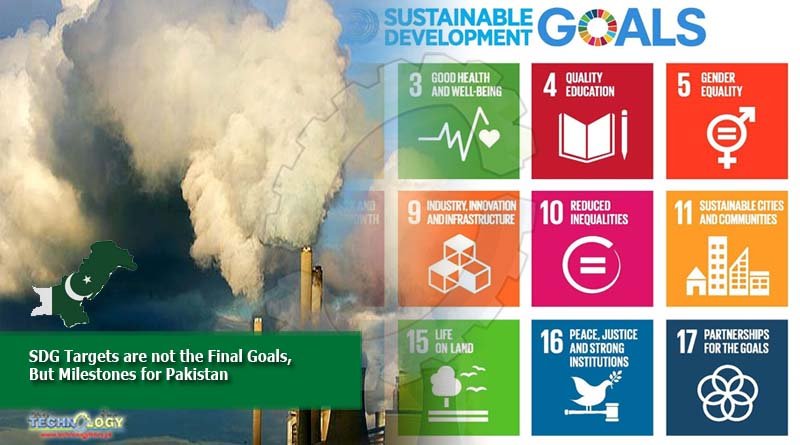Adil Najam, Dean of the Frederick S. Pardee School of Global Studies at Boston University, was quoted about SDG in a Development and Cooperation article on Pakistan’s implementation efforts concerning Sustainable Development Goals (SDGs).

The 2020 Sustainable Development Report was released back in June, and Pakistan is celebrating it’s achievement of meeting Goal 13 on climate change. SDG Goal 13 is measured using three indicators: energy related CO2 emissions per capita, imported CO2 emissions, and CO2 emissions embodied in fossil fuel exports. While the government, civil society, and environmentally conscious people are excited about this achievement, the article points out that this does not mean Pakistan is done fighting climate change nor is it invulnerable to its effects.
Najam explains that Pakistan’s achievement of SDG Goal 13 is not an excuse to be lax on climate change. In his view, the SDG targets are not the final goals, but milestones; they are the minimum targets that every country has to meet. From a global perspective, Najam points out that Pakistan meeting the climate-action goal does not make much difference, but they should still continue to move away from fossil fuels and encourage adoption of green energy.
Adil Najam of Boston University agrees that achievement of SDG 13 is no reason to sit back and relax. Najam considers it particularly important to reduce carbon emissions by increasing the share of renewable energy in the national grid and boosting energy efficiency. From his point of view, the government should shelve all fossil fuel projects that are currently in the pipeline.
Adil Najam is a global public policy expert who also served as the Vice Chancellor of the Lahore University of Management Sciences, Lahore, Pakistan. He is the Inaugural Dean of the Frederick S. Pardee School of Global Studies at Boston University and was the former Vice Chancellor of the Lahore University of Management Sciences (LUMS). Currently he is hosting a video expert interview series called #WorldAfterCorona for the Pardee Center for the Study of the Longer-Range Future.
Originally published by BU
